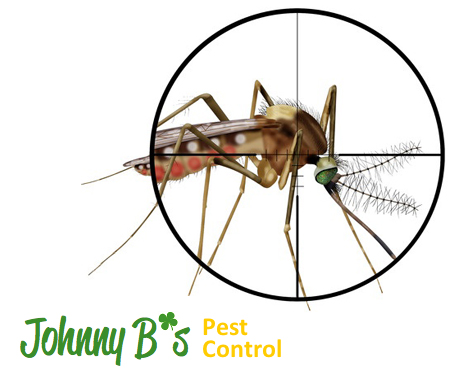Life is getting frustrating for many British citizens due to a sudden increase in flying, biting and disease-spreading insects. For the past few weeks, people in the United Kingdom have been victimized by an intolerable heat wave that has resulted in an influx of bugs in the country. The current insect assault on the UK’s populace has become serious enough for public health experts to issue public warnings about the increased chance of sustaining painful and/or dangerous insect bites as a result of having a swimming pool. This may seem reasonable, after all, disease-spreading mosquitoes reproduce in areas of standing water, which makes pool goers more likely than others to sustain mosquito bites. However, British public health officials are not referring large public or private swimming pools; instead, they are referring to small kiddie pools. You may think that nothing could possibly be more harmless and benign than an inflatable kiddie pool that is no deeper than six inches, but researchers have good reason to believe that small kiddie pools put nearby people at risk of sustaining insect bites and/or contracting mosquito-borne diseases, especially young children.
The British Pest Control Association has claimed that kiddie pools are responsible for attracting an overabundance of dangerous flying insects toward children and adults. These dangerous insects include mosquitoes and horseflies, both of which reproduce and lay eggs within areas containing stagnant water. This is why the BPCA is urging the public to remove kiddie pools and other areas of stagnant water from their property.
When it comes to avoiding insects, disease-carrying mosquitoes are typically of the greatest concern. However, the 40 day heat wave in the UK is bringing out a deluge of horseflies, and they are joining mosquitoes in the quest to locate stagnant water. So far this year, the amount of calls made to the UK’s National Health Institute is double the amount that the institute received last year. According to Nick Scriven, an ER doctor working in the UK, people do not normally report to the ER after sustaining a bite from a horsefly, but this year seems to be an anomaly, as several people have been sent home with antibiotics in order to treat infections caused by horsefly bites. Horseflies look similar to common houseflies, only they are more than twice as large, and they can take a chunk of skin with each bite. One BPCA officer claimed that researchers are not yet sure as to why harmful insects are overabundant this year, but the heat wave is certainly a factor.
Do you believe that the increase in flying insects in England this summer is ultimately the result of climate change?

